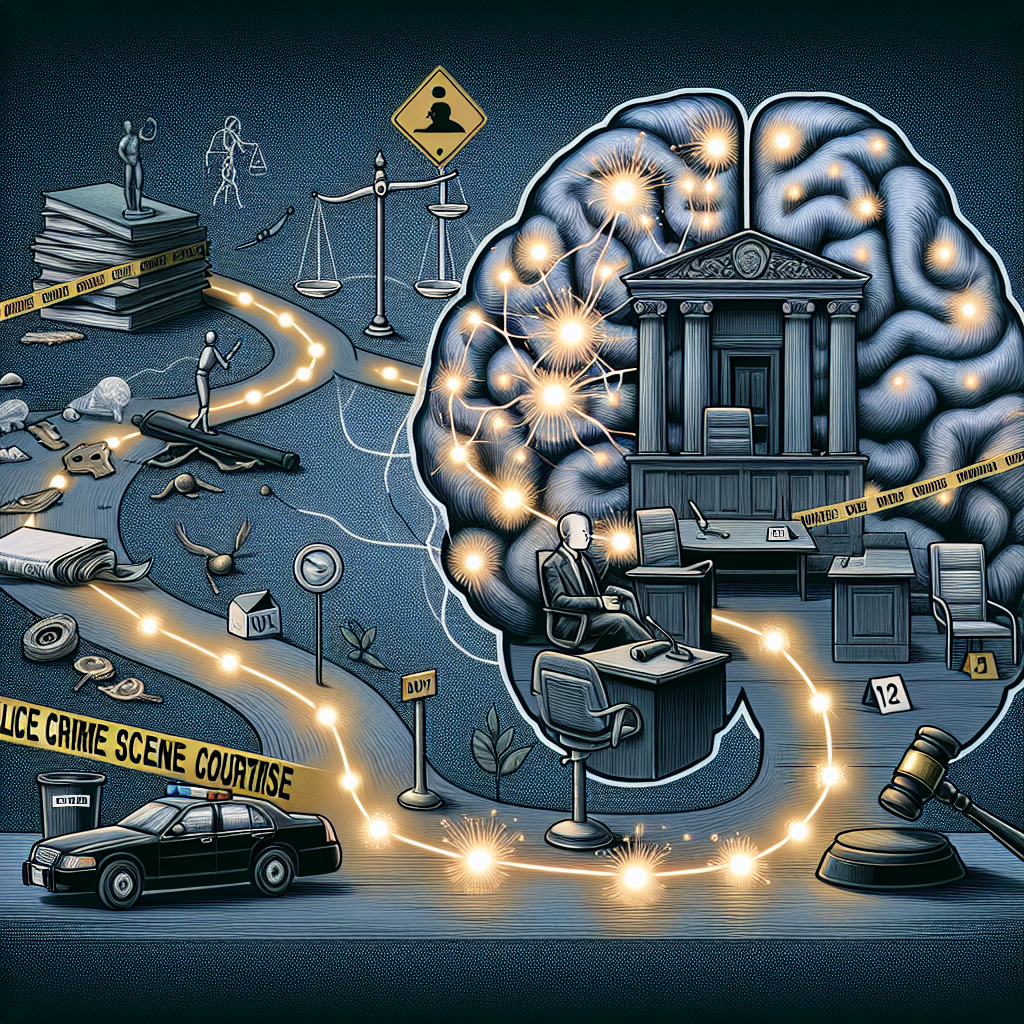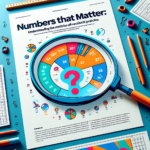
Introduction
Imagine a crime scene bustling with detectives and officers, eyes scanning the chaos for clues. Key among these is the eyewitness—someone who might hold the crucial piece of information that could tip the scales of justice. But what happens when the very memories that can make or break a case are found to be unreliable? In an era where scientific advancements continue to shape our understanding of the human mind, the journey of eyewitness memory—from the initial observation at a crime scene to its presentation in court—has never been more critical. In this article, we’ll explore how witness accounts are formed, challenged, and ultimately influence the legal process.
The Mechanisms of Memory: Understanding Eyewitness Accounts
The Formation of Memory
Before diving into the journey from crime scenes to courtrooms, it’s essential to understand how memory works. The process begins with encoding, where stimuli from an event are converted into a form that the brain can recognize. Factors like stress, duration of the event, and individual differences can all impact how memories are encoded.
Key Factors Affecting Memory Formation:
| Factor | Impact |
|---|---|
| Stress Levels | High stress can impair memory |
| Time Elapsed | Memories fade and become less accurate over time |
| Individual Biases | Personal experiences shape perceptions |
Distortion of Memory
Though memories may feel accurate to the witness, they can be distorted. Confabulation, misinformation, and leading questions can all alter the original memory. For instance, a witness might misinterpret an event due to the way questions are framed by law enforcement or attorneys.
Case Study: The Ronald Cotton Case
In 1984, Jennifer Thompson misidentified Ronald Cotton as the man who assaulted her. Following years of wrongful imprisonment, DNA evidence later exonerated him. The case highlights how faulty eyewitness testimonies can lead to grave miscarriages of justice—a dark aspect of the journey from crime scenes to courtrooms.
The Role of Stress in Memory Recall
Stress plays a dual role in memory recall. While moderate stress can heighten alertness, high levels create a “fight-or-flight” response, which may cloud judgment. This raises significant concerns about eyewitnesses’ reliability, especially in violent crimes.
From Crime Scenes: The Collection of Eyewitness Testimonies
Conducting Witness Interviews
Once officers arrive on the scene, collecting eyewitness accounts—while the event is still fresh—is crucial. The Cognitive Interview technique has been widely endorsed due to its effectiveness in eliciting accurate information. It encourages witnesses to recreate the context of the event, facilitating better recall.
Best Practices for Interviewing:
- Open-Ended Questions: Encourage narrative recounts instead of leading prompts.
- Contextual Reinforcement: Remind the witness about the circumstances during the event.
- No Pressure: Make the witness feel comfortable to minimize anxiety and encourage honesty.
The Impact of Social Media on Eyewitness Accounts
In today’s digital age, social media can cloud eyewitness accounts. Immediate access to a flood of information may unintentionally influence a witness’s memory. An individual may unconsciously integrate details from videos or posts into their original recollection.
Transitioning to Courtrooms: The Challenges of Legal Testimonies
The Legal Framework
The legal system relies heavily on eyewitness testimonies. However, the American legal system has put measures in place, like the Frye Standard and Daubert Standard, to evaluate the admissibility of eyewitness identification.
Cognitive Dissonance in the Courtroom
Witnesses often feel cognitive dissonance—holding conflicting thoughts about their memories and the potential consequences of being wrong. This discomfort can lead to inconsistencies in their testimonies, further complicating the quest for truth.
Case Study: The Central Park Jogger Case
In 1989, a group of teenagers was wrongfully convicted based on coerced confessions and dubious eyewitness testimony. Years later, DNA evidence confirmed their innocence, showcasing the dangers of relying solely on eyewitness accounts in legal contexts.
The Evolution of Eyewitness Testimonies: Scientific Advances
Creating Reliable Frameworks
With the rise of forensic psychology, a new focus has emerged on creating frameworks for better eyewitness reliability. Researchers are continuously investigating how cognitive psychology can aid in refining eyewitness identification processes.
Advancements in Technology
- AI and Video Analysis: Emerging technologies are assisting in verifying eyewitness statements.
- Training Programs: Educating law enforcement on the psychology of memory can lead to improved interrogation practices.
The Role of Expert Testimony
Given the complexities surrounding eyewitness memory, expert testimony has gained acceptance in court. These professionals provide critical insights into the psychology of memory, giving juries the context needed to evaluate eyewitness credibility.
Practical Implications: Moving Forward
From Crime Scenes to Courtrooms: Implications for Justice
Understanding the journey of eyewitness memory is essential for the legal system. With education, awareness, and better practices, the reliability of eyewitness testimony can significantly improve.
Encouraging Accountability
Legal teams must uphold ethical standards by not coercing witnesses into unreliable testimonies, aim for accurate accounts, and prioritize justice over winning.
The Future of Eyewitness Memory
As scientific advancements continue to unfold, the journey from crime scenes to courtrooms will inevitably evolve. By incorporating psychological insights into legal practices, the incidence of wrongful convictions may decrease, fostering public trust in the justice system.
Conclusion
The journey from crime scenes to courtrooms encapsulates both the potential and pitfalls of eyewitness memory. By critically examining how memories are formed, distorted, and evaluated, we pave the way for a more just legal system. It is imperative for law enforcement, legal professionals, and society at large to engage with the complexities of human memory to ensure that truth prevails, nurturing a culture where justice shines brightly.
FAQs
1. How reliable are eyewitness testimonies?
Eyewitness testimonies can be unreliable due to various factors, including stress, leading questions, and interpersonal influences.
2. What can be done to improve the accuracy of eyewitness accounts?
Using best practices such as open-ended questioning, cognitive interviews, and minimizing suggestive prompts can enhance the accuracy of eyewitness memories.
3. What are the legal implications of unreliable eyewitness testimony?
Unreliable eyewitness testimony can lead to wrongful convictions and miscarriages of justice, prompting a reevaluation of its admissibility in court.
4. How has social media impacted eyewitness memory?
Social media can introduce biases and inaccuracies into a witness’s recollection, often integrating external narratives into their original memory.
5. What role do experts play in eyewitness testimony?
Experts can provide critical insights into the reliability of eyewitness memory, aiding juries in understanding the psychological factors at play.
By exploring this vital topic, we can appreciate the nuances and grave implications of eyewitness memory, making steps toward a more informed justice system.















